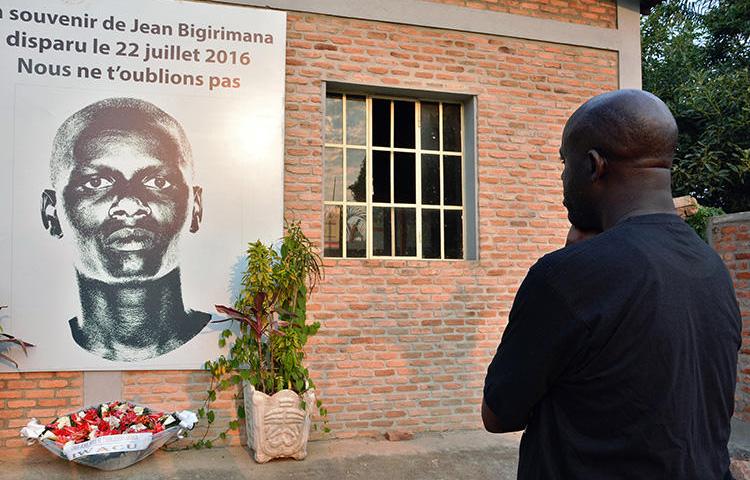
CPJ joins call for U.N. Human Rights Council to extend mandate of Burundi Commission of Inquiry
The Committee to Protect Journalists today joined 40 other civil society organizations in calling on member and observer states of the U.N. Human Rights Council to extend for a year the mandate of the Commission of Inquiry on Burundi.
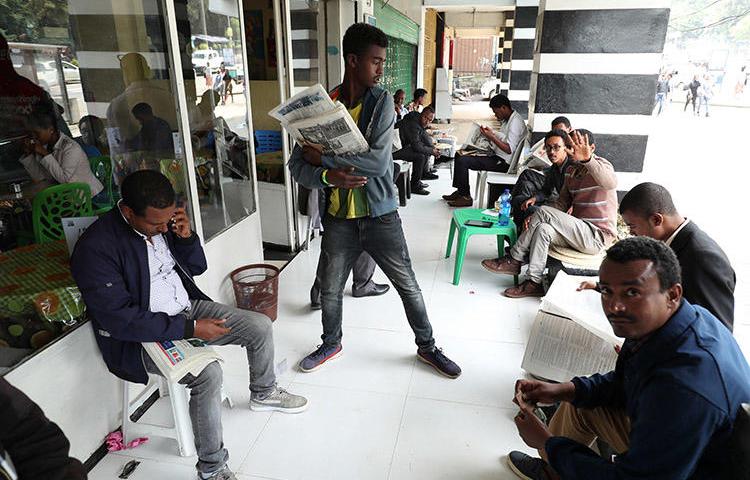
In era of reform, Ethiopia still reverts to old tactics to censor press
On June 22, Ethiopia was plunged into an internet blackout following what the government described as a failed attempted coup in the Amhara region. In the aftermath at least two journalists were detained under the country’s repressive anti-terror law, part of an uptick in arrests that CPJ has noted in the country since May.
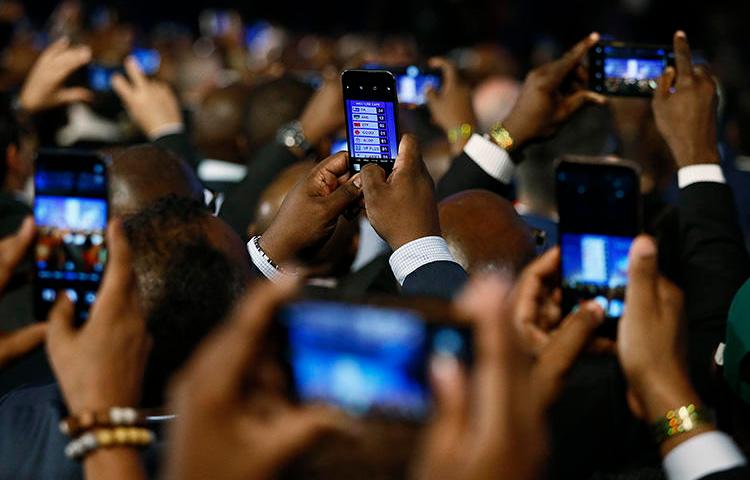
Discredited, threatened, attacked: challenges of covering South Africa’s election in the digital age
In the lead up to South Africa’s elections in May, the Electoral Commission of South Africa accredited CPJ Africa Program Coordinator Angela Quintal as an international observer, monitoring press freedom. Quintal found that unlike 1994–when she covered the violence of the country’s first democratic elections–journalists in 2019 cited online harassment and threats as the biggest…
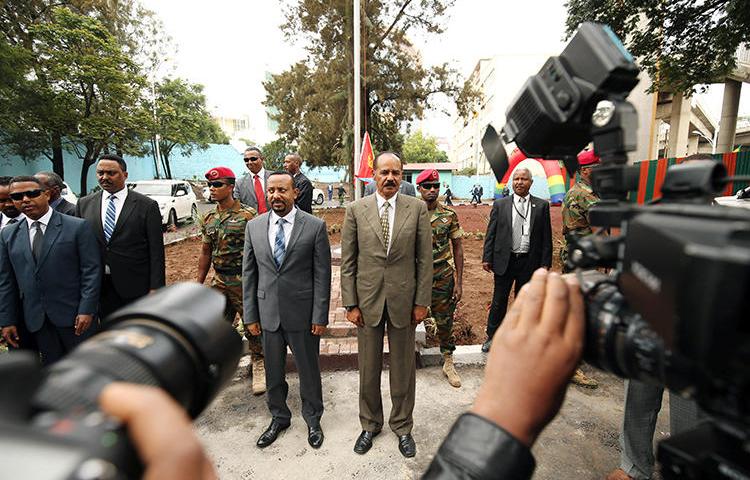
CPJ joins call for UN to continue scrutinizing human rights situation in Eritrea
The Committee to Protect Journalists and 29 other civil society organizations today sent a letter to members of the United Nations Human Rights Council urging them to continue to scrutinize the human rights situation in Eritrea. The letter was sent ahead of the 41st session of the Human Rights Council, which will take place in…
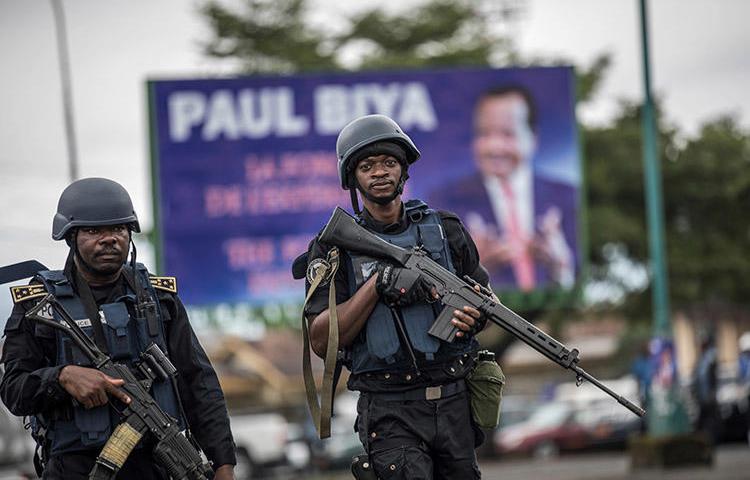
CPJ joins call for UN Security Council to act on Cameroon crisis
The Committee to Protect Journalists and eight other civil society organizations sent a letter to members of the United Nations Security Council about the deteriorating humanitarian and human rights situation in Cameroon. The letter was sent ahead of the U.N. Regional Office for Central Africa briefing to the Security Council, due to take place on…
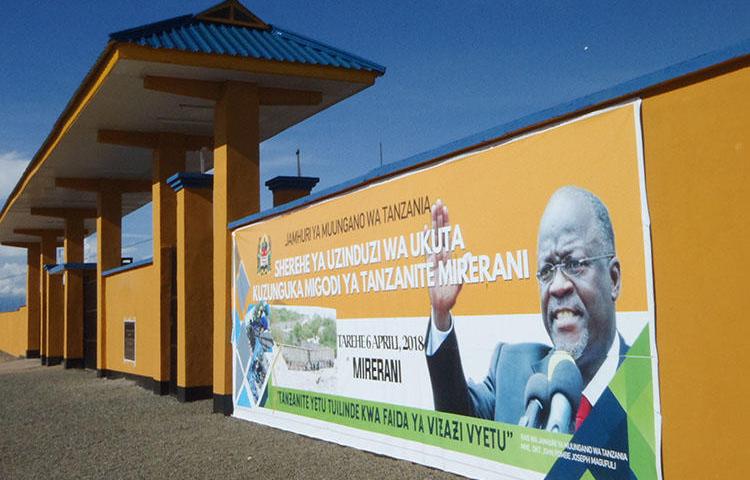
Human Rights Council should address Tanzania crackdown
The Committee to Protect Journalists and 37 other non-governmental organizations today sent a letter to member and observer states of the United Nations Human Rights Council, asking them to address the crackdown on human rights in Tanzania at the 41st session of the council.
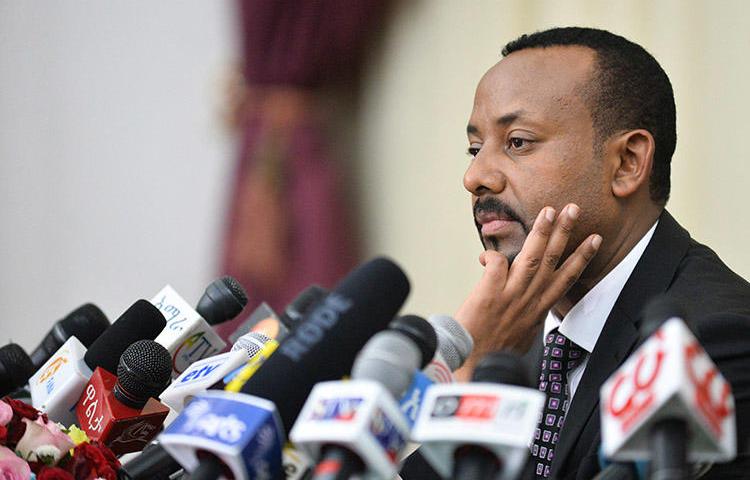
Under Abiy, Ethiopia’s media have more freedom but challenges remain
During a trip to Addis Ababa in January, it was impossible to miss the signs that Ethiopian media are enjoying unprecedented freedom. A flurry of new publications were on the streets. At a public forum that CPJ attended, journalists spoke about positive reforms, but also openly criticized their lack of access to the government. At…
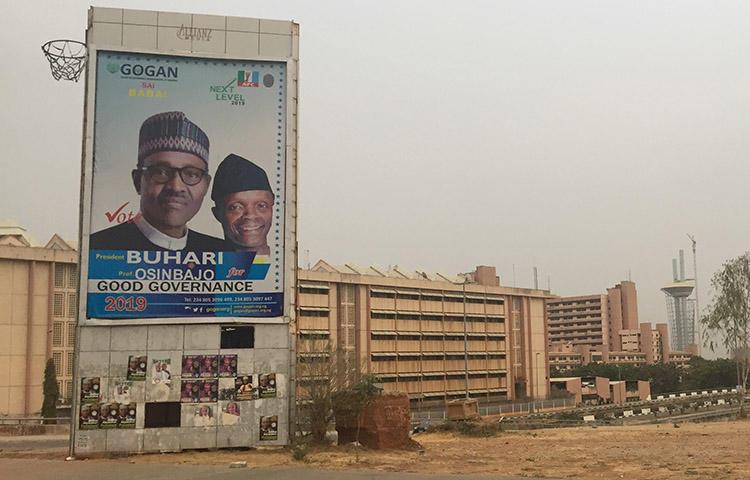
‘You cannot muzzle the media’: Nigerian journalists on press freedom under Buhari
When Nigeria’s incumbent president Muhammadu Buhari won re-election this year, he campaigned (as he did in 2015) on an image of good governance and anti-corruption. Billboards in the capital, Abuja, bore the smiling faces of the president–who first led Nigeria as military ruler from 1983-1985–and his vice-president Yemi Osinbajo, and called for voters to let…
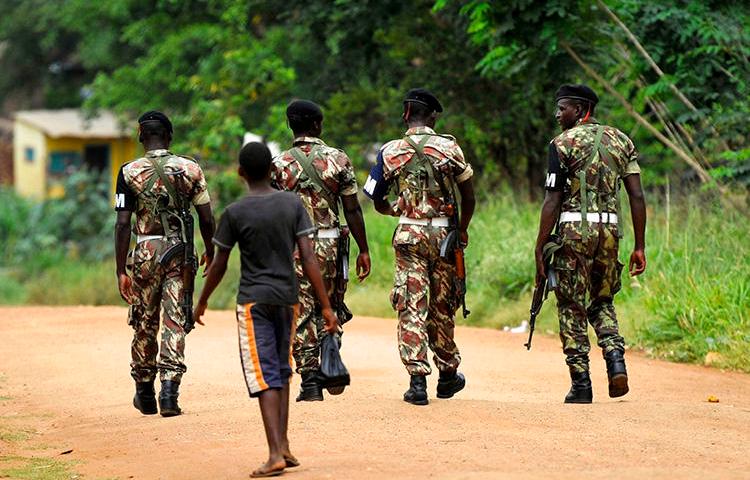
CPJ joins calls for immediate and unconditional release of Mozambican radio journalist Amade Abubacar
Johannesburg, April 11, 2019 — The Committee to Protect Journalists and 37 other civil society groups today issued a joint statement urging Mozambican authorities to immediately and unconditionally release community radio journalist Amade Abubacar, who has been in pre-trial detention since his arrest on January 5.
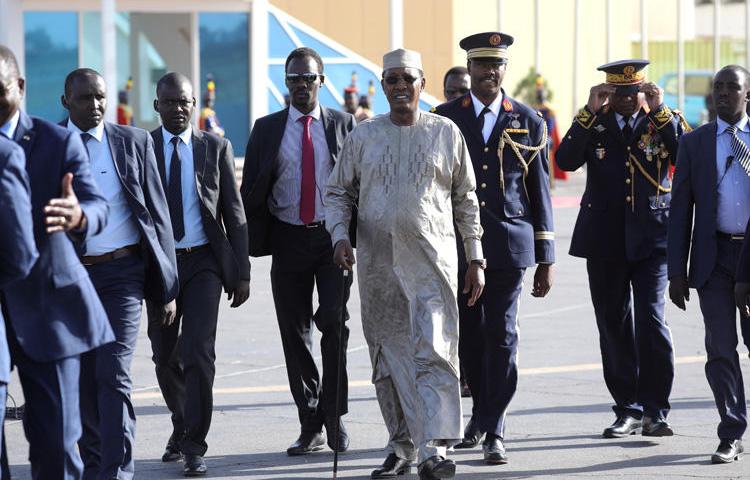
CPJ joins calls to end social media block in Chad
The Committee to Protect Journalists this week joined at least 79 rights organizations to urge African Union and United Nations experts to take action to end the government of Chad’s nearly year-long block on social media platforms, including Twitter, Facebook, and WhatsApp. The letters, addressed respectively to the African Union Special Rapporteur on Freedom of…